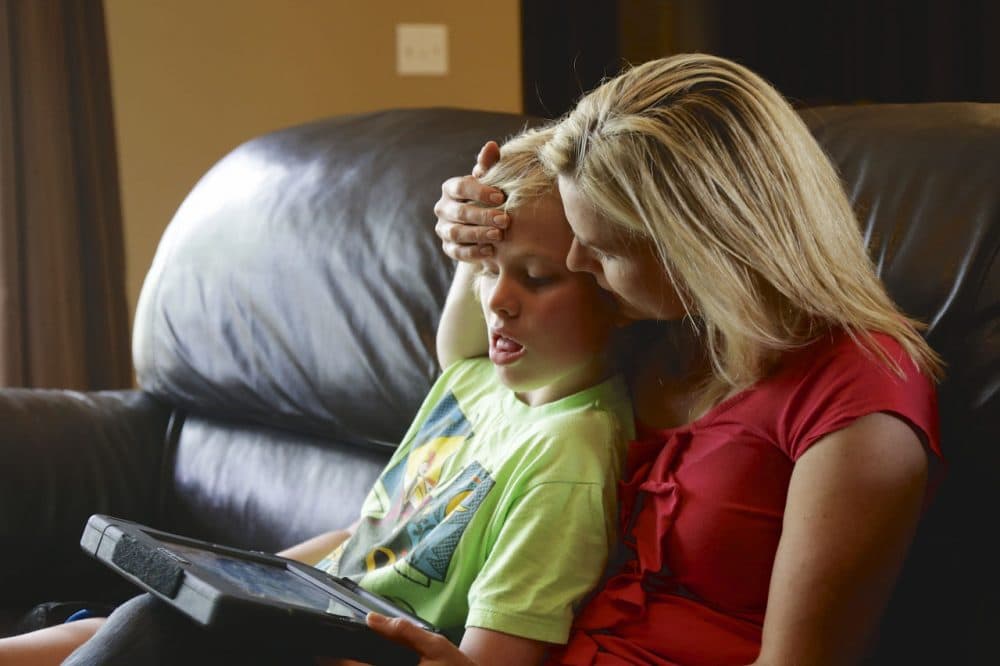Advertisement
Big Study Finds Autism Risk Higher If Teen Mom Or Parental Age Gap

This we already knew: That the children of older parents, particularly older fathers, are at heightened risk for autism. Now, a big new study just out in the journal Molecular Psychiatry, funded by Autism Speaks and encompassing more than 5 million children across five countries, adds some new age factors ito the risk equation. From the press release:
• Autism rates were 66 percent higher among children born to dads over 50 years of age than among those born to dads in their 20s. Autism rates were 28 percent higher when dads were in their 40s versus 20s.
• Autism rates were 15 percent higher in children born to mothers in their 40s, compared to those born to moms in their 20s.
• Autism rates were 18 percent higher among children born to teen moms than among those born to moms in their 20s.
• Autism rates rose still higher when both parents were older, in line with what one would expect if each parent's age contributed to risk.
• Autism rates also rose with widening gaps between two parents' ages. These rates were highest when dads were between 35 and 44 and their partners were 10 or more years younger. Conversely, rates were high when moms were in their 30s and their partners were 10 or more years younger.
The study notes that it seems clear why an older father might heighten autism risk: Sperm mutations accumulate over the years. But if older age heightens risk, why in the world should the autism rate be higher when mothers are in their teens? And why should a gap in age between parents matter?
Stay tuned for further research to follow these leads. These latest findings "suggest that multiple mechanisms are contributing to the association between parental age" and autism risk, the study's authors write.
